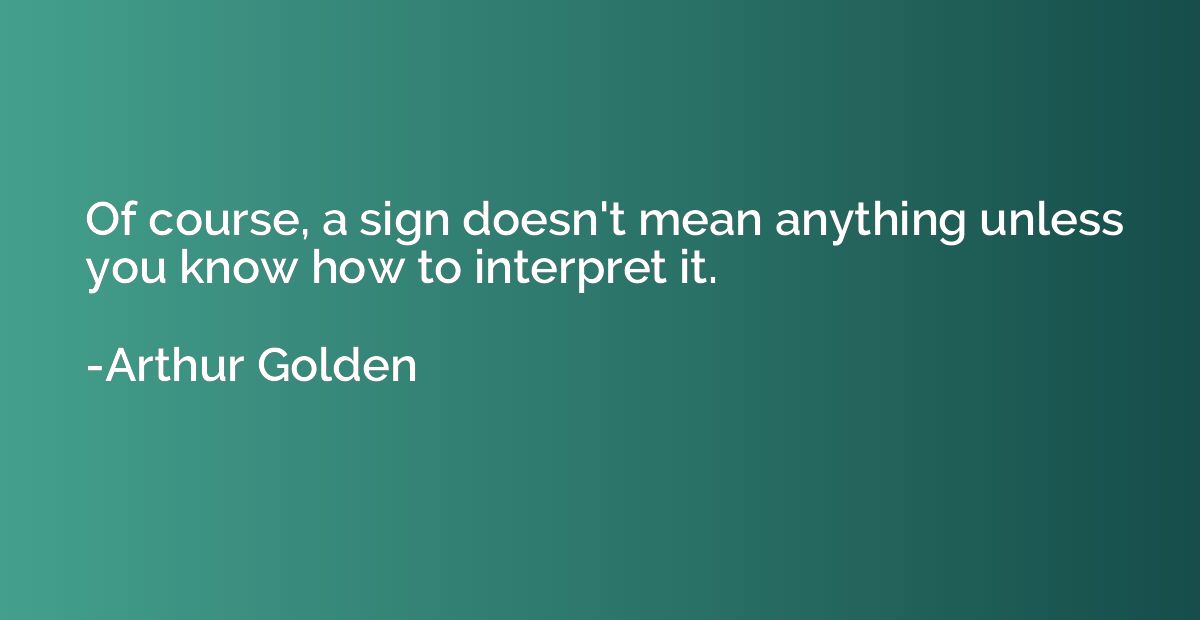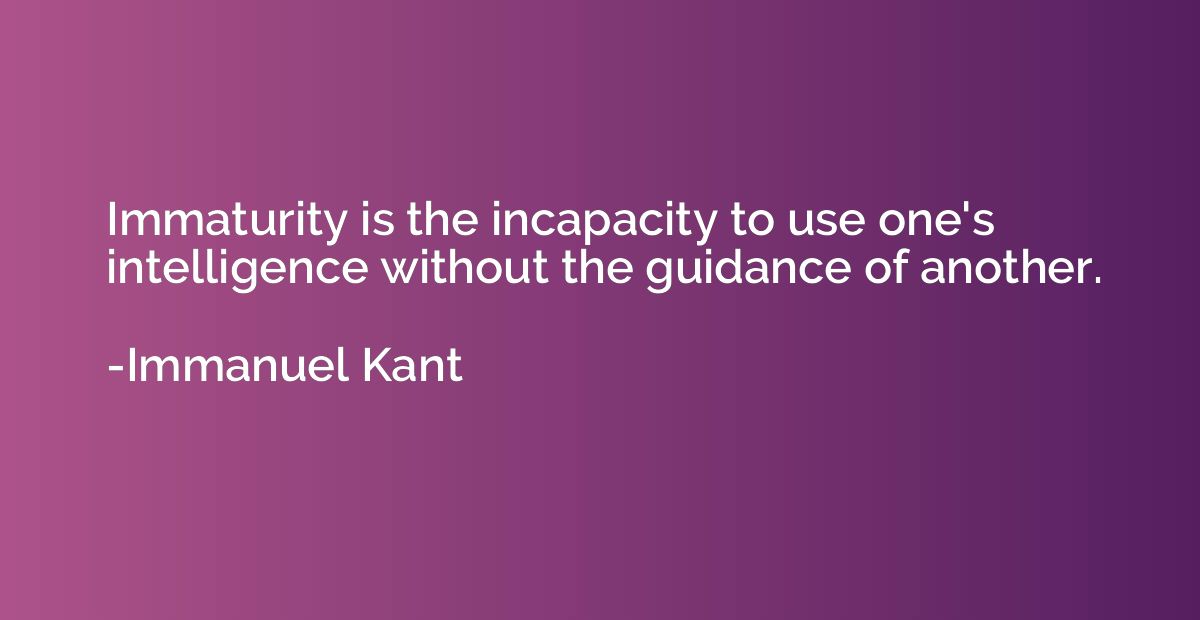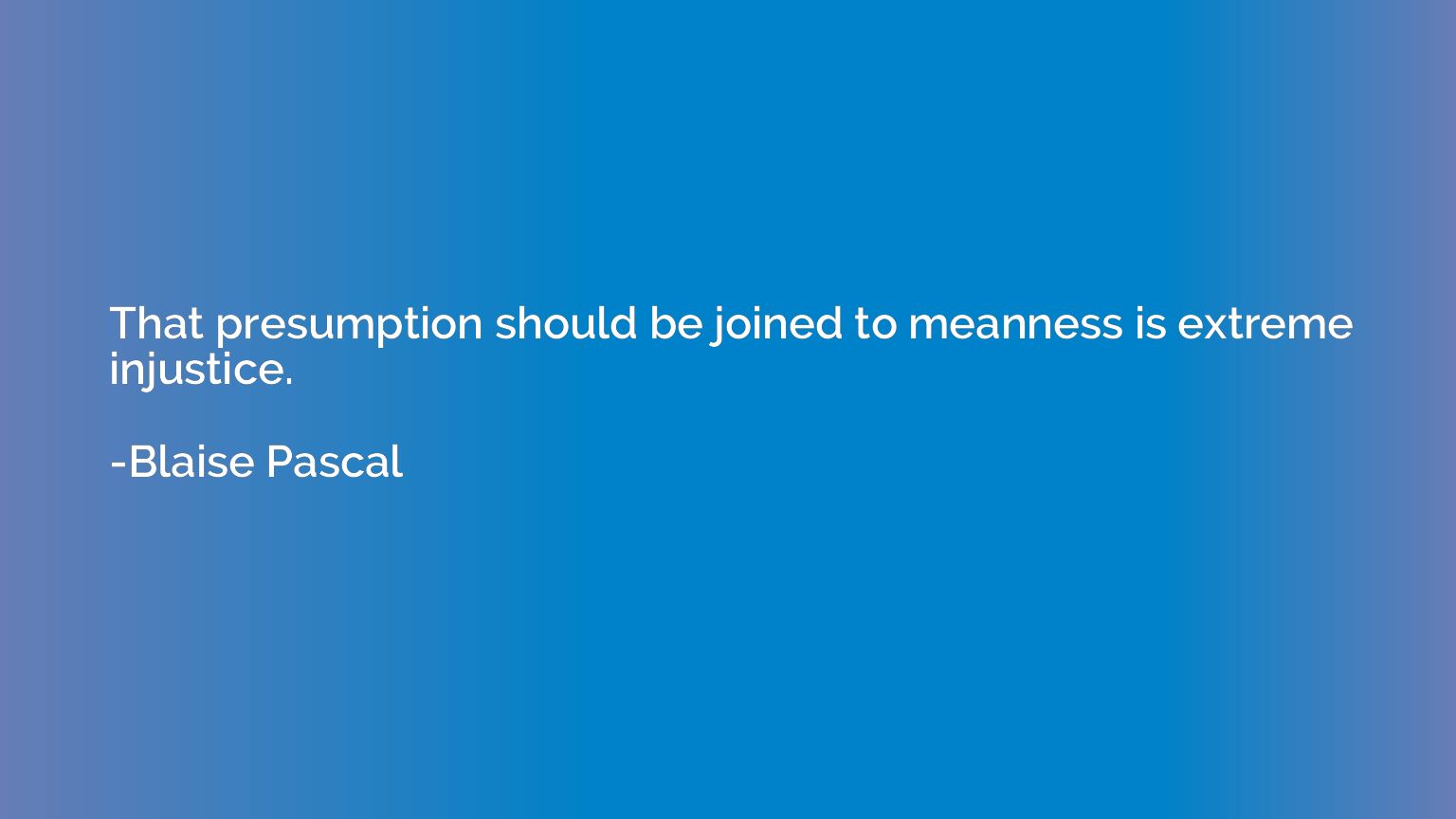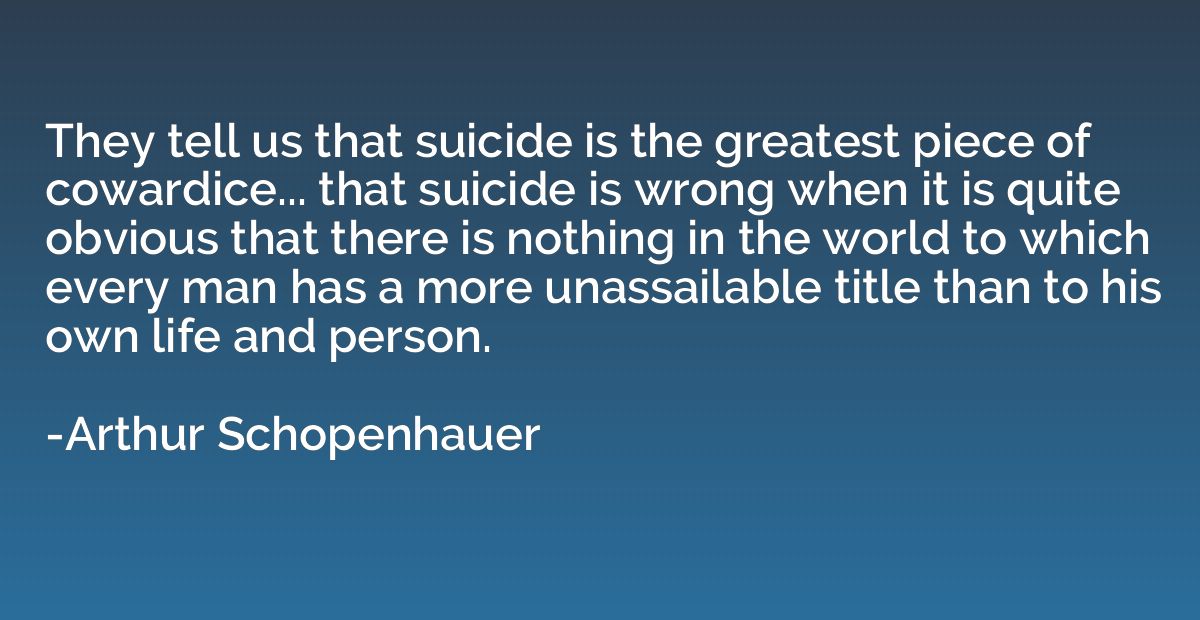Summary
This quote is a humorous reminder that life is fleeting and full of uncertainties. It encourages us not to overly dwell on the seriousness of life or take ourselves too seriously because, ultimately, we cannot escape the inevitability of death. By embracing a lighter and more playful approach to life, we can let go of unnecessary stress and worries, and focus on enjoying the moments that we have.















